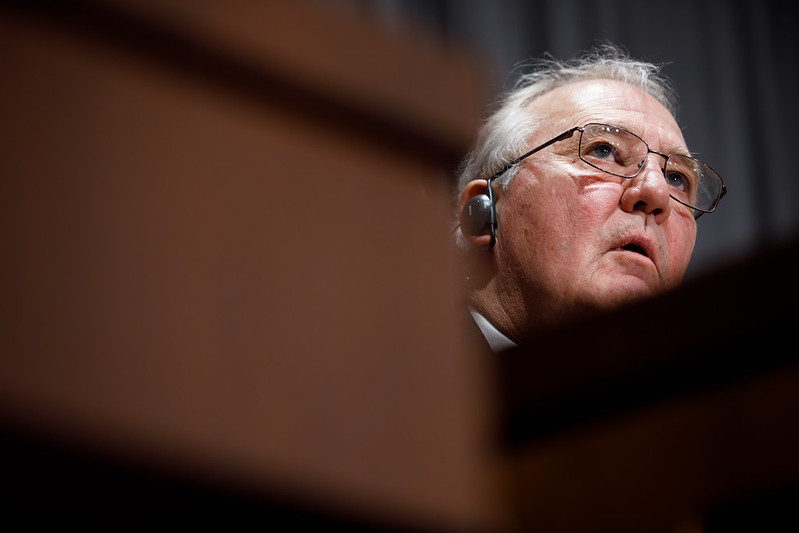Today, the federal government formally announced its first major set of rule changes to re-open Canada’s borders, removing quarantine requirements for fully vaccinated travellers currently eligible to enter Canada.
As previously indicated by the government, border reopening will occur in a phased approach and will be guided by a recently released report by the COVID-19 Testing and Screening Expert Advisory Panel. Details on the groups who are eligible to enter Canada were provided previously and include Canadian citizens, permanent residents or those registered under the Indian Act and their immediate family members, those with valid work and/or study permits, and some compassionate exceptions.
While this announcement will significantly ease travel for Canadians, students and those working in Canada, non-essential travellers are still banned from entering the country. This means tourism-dependent businesses on both sides of the border will need to wait at least another month.
Some of the details on the changes announced today include:
-
-
-
- Fully vaccinated travellers currently eligible to enter Canada will not be required to quarantine in hotel or at home or complete a day-8 test.
-
-
-
-
-
- In order to be exempt from quarantine, fully vaccinated travellers must use the ArriveCAN app to electronically submit their vaccination information in English or French (or certified translation) and must also have digital or paper proof of vaccinations with them.
-
-
-
-
-
- Quarantine exemptions will only apply to those who received a full series of any combination of Pfizer, Moderna, AstraZeneca/COVISHIELD or the Johnson & Johnson vaccines. This list may be expanded at a later date.
-
-
-
-
-
- Fully vaccinated travellers will still be required to provide a negative pre-departure COVID-19 test taken within 72 hours before their scheduled flight or arrival by land or proof of a positive COVID-19 test taken between 14 and 90 days of arrival
-
-
-
-
-
- Fully vaccinated travellers will still be required to submit to a COVID-19 test on arrival by either land or air, and have a suitable quarantine plan submitted through the ArriveCAN app in case of a positive test result (or failure to meet other requirements).
-
-
-
-
-
- Children under the age of 18 or dependents who are not fully vaccinated but travelling with those who are will also be exempt from hotel quarantine, but will continue to be required to complete a 14-day quarantine at home.
-
-
-
-
-
- All travellers, not just those fully vaccinated, will be required to disclose their vaccination status including whether they’ve received any doses, which brand and on which date.
-
-
This first phase of the government’s plans to ease border restrictions will come into effect on July 5, 2021 at 11:59pm EDT. As noted above, the government has not made any changes regarding who can enter Canada and continues to advise against all non-essential travel. The restrictions on non-essential travel between Canada and the United States were extended and will remain in place and unchanged until at least July 21, 2021.
Also announced today, the ban on flights from India to Canada has been extended another 30 days, although the ban on flights from Pakistan has been lifted.
Immigration Minister Marco Mendicino also announced this morning that Canada will be welcoming those with a valid confirmation of permanent residency, including those approved after March 18th, 2020 to travel to Canada.
As the government continues to commit to a phased approach on reopening Canada’s borders, and as vaccination rates climb and cases drop, we expect more changes to be announced in the coming weeks and months.
The official news release on these new changes can be found here, and a more detailed backgrounder here. We also expect the changes to soon be reflected at www.travel.gc.ca/travel-covid.
As always, please feel free to reach out to a member of Counsel’s federal team should you have any questions.

